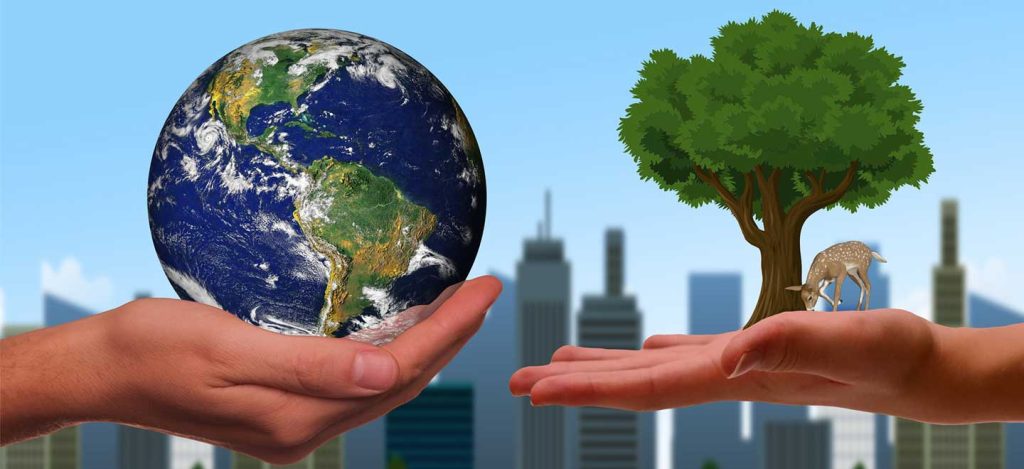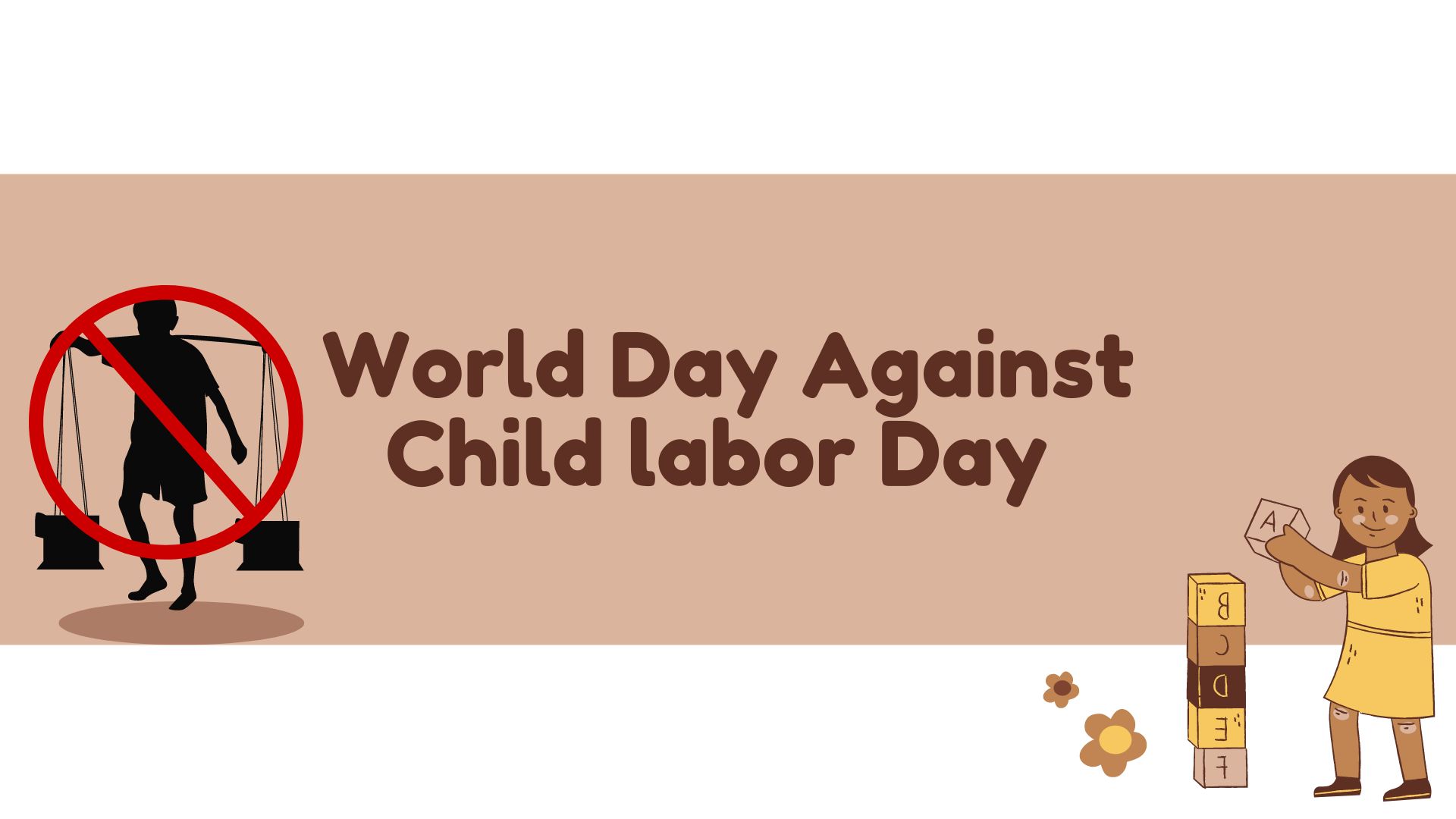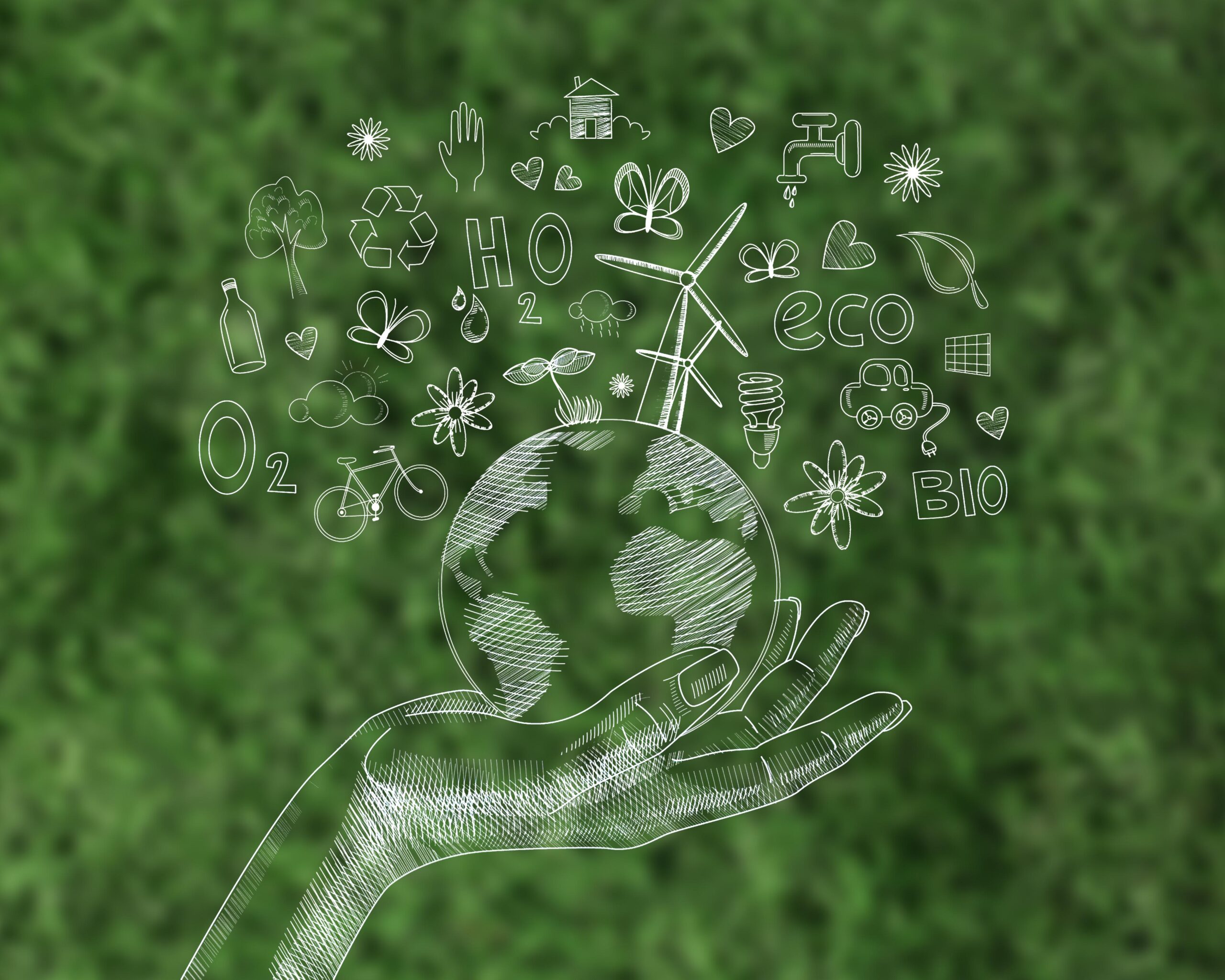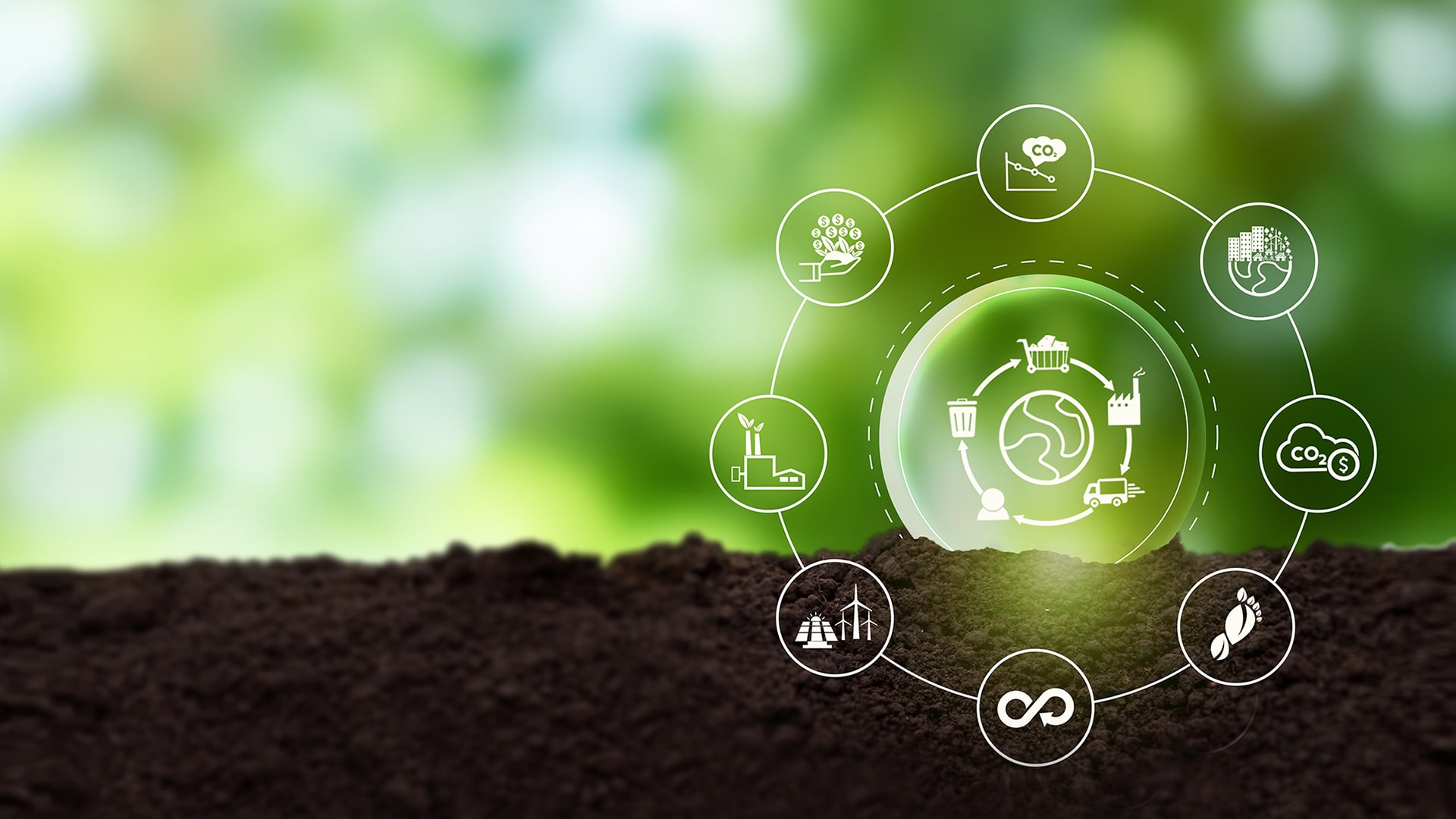For a long time post World War II we have had a reasonably stable economic environment to operate in; most changes that have occurred, have done so over a period of time, have often been short-lived, or their impact has been felt gradually. This stability afforded us the luxury to focus solely on developing our economy and society, not quite realising the unintended consequences that were building up for life on earth. Now that we have been operating beyond planetary boundaries for decades, the safety net protecting us all along is under threat – the rope is running out.
Living comfortably on earth is critically dependent on deep decarbonization in this decade. We have no time to lose and must do whatever is possible today. Climate science says that we must reduce emissions by half by 2030 and become net zero by 2050. It is believed that the technologies required to achieve the 2030 goal are already available while new technologies need to come to market for the 2050 goal to be met.
Business has an opportunity to transition from being responsible for the problem to being responsible for the solution. A climate solution can scale when it becomes economically feasible and creates value for the consumer. Business has the responsibility to bring new climate solutions to market and help achieve economies of scale. This is in addition to adopting green technologies itself and run a green operation.
As climate triggers multiple technological transformations in areas like lighting, cooling, electricity generation, green materials, electric mobility to name a few, sustainability is becoming synonymous with business continuity and resilience. No business can afford to fall behind in the technological transformation in its industry if it wishes to remain afloat and be relevant, even if it doesn’t understand the impact of climate change and the imperative for managing it.
The need for new climate solutions to achieve 2050 goals provides a wonderful opportunity for new businesses. Soon we could be seeing businesses do things like converting kinetic energy to electrical energy, making solar films flexible, making air taxis real, building net zero buildings, making meat in the laboratory – all businesses that do not exist today!
Organizations use natural resources to fashion solutions that satisfy customer needs. These resources are finite and need to be handled responsibly, so there is an obvious need for extreme innovation that will make businesses greener, and propel new green businesses that will offer innovative solutions to consumers. Together this will facilitate the collective transition to a more sustainable world.
The Mahindra Group defines sustainability as an endeavour to “Build enduring business while rejuvenating the environment and enabling stakeholders to Rise”. The need to manage risks arising out of climate change and the opportunities that it is triggering is making it very clear that for businesses to be resilient, sustainability is not just the best way to do business, it is the only way.












































































































